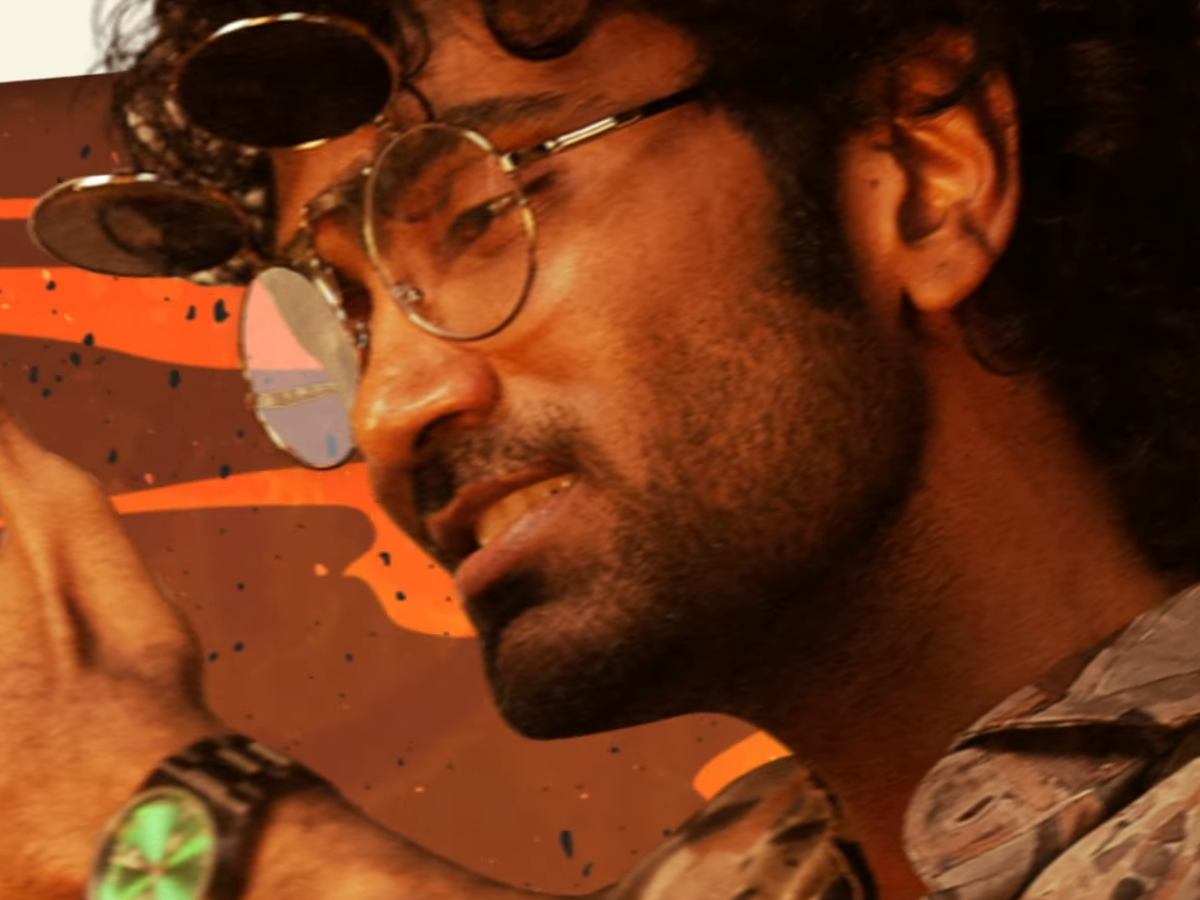Sex comedies can be a revolutionary genre, especially in India where sex is still a taboo. And particularly when it comes to women, whose sexuality continues to be heavily policed. But Thank You For Coming ignites no revolutions; in fact, its confused regurgitation of feminist tropes feels preachy at best, and cringe at worst.
The comedy, directed by Karan Boolani and written by Radhika Anand and Prashasti Singh, stars a strong female cast, with Bhumi Pednekar in the forefront, flanked by the coterie of Shehnaaz Gill, Kusha Kapila, Dolly Singh and Shibani Bedi. The story revolves around Kanika Kapoor (Pednekar) — a typical Delhi girls who calls her friends ‘dude’, drinks like a fish, and is terrified of ageing.
But Kanika, we find out, has had an atypical upbringing. Born out of wedlock, and raised in a house of single mothers—her grandmother (Dolly Ahluwalia) and mother (Natasha Rastogi)—Kanika grows up enduring taunts about her mother’s promiscuous dabblings, punctuated by nicknames like ‘kuaari Kanika’ and ‘kaandu Kanika’. Caught in the midst of a carefree mother and a conservative society, Kanika develops a confused sense of love and sexuality – and hooks up with a slew of men (Sushant Divgikar, Karan Kundrra and Anil Kapoor), none of whom satisfy her either emotionally or sexually.
Thank You for Coming (Hindi)
Director: Karan Boolani
Cast: Bhumi Pednekar, Shehnaaz Gill, Kusha Kapila, Dolly Singh, Shibani Bedi, Dolly Ahluwalia, Pradhuman Singh
Run-time: 117 minutes
Storyline: Flanked by her supportive girl gang, Kanika, who’s never orgasmed, sets out on a search for the perfect partner
In a drunken monologue on her 30th birthday, Kanika’s lament about not finding ‘the one’ suddenly turns into an admission of never having orgasmed. Her search for sexual pleasure prompts her to agree to marry Jeevan Anand (Pradhuman Singh), whose name, as her friend points out, is literally a ‘life insurance policy.’ This sudden jump from orgasms to marriage is symptomatic of a broader confusion underlying the film — where a search for sexual pleasure is conflated with a search for ‘prince charming’, an antiquated, not to mention far-from-feminist ideal. “70% of women don’t orgasm during sex,” Kanika’s gynaecologist mother tells her, and while that might be true, how does getting married follow from that? It’s probably worth mentioning that though the film is about how female orgasms are underrated, when Jeevan Anand prematurely comes in bed, Kanika responds with a mix of embarrassment and disgust — followed by Jeevan apologising and being wracked with shame.
What follows is a slew of pre-wedding sequences filled with song and dance, culminating in a night of drunken debauchery where someone makes Kanika orgasm. But the catch is, she doesn’t remember who, and here we get to the crux of the film: a long-winded search for this magical lover. Pednekar is stellar as Kanika, and brings a strength and authenticity to what could otherwise have been a rather frivolous character. Similarly, Dolly Singh and Shibani Bedi as the ever-loyal, raucous friends make for complete entertainment, and the trio’s constantly riffing friendship is one of the best parts of the film (though the plot imposes an awkward wedge between them, only to be resolved, absolutely unsubtly, in the climax). My personal favorite was Pradhuman Singh as the awkward, bumbling Jeevan, a perfect casting choice: a sequence where he is showing Kanika their new house, replete with the modern bathroom’s toilet flushing capabilities, is hilarious. Another hit for me was Shehnaaz Gill as Rushi, a character who has no compelling reason for being in the film, but lands up everywhere with her desi one-liners.
A still from ‘Thank You For Coming’
A lot of the film’s problem lies with the script, which on the one hand, introduces strange plot points at particular moments and leaves them unexplored; and on the other hand, fails to develop any of the characters into believable, three-dimensional people and completely defaults on exploring their relationships with each other. For instance, there was so much potential to build on Kanika’s home life, and explore her dynamic with Ahluwalia (grandmother) and Rastogi (mother), not to mention the two’s dynamic with each other. But we get painfully little of that, just like we get painfully little of what Kanika does for a living. Her job, it seems, is hanging out with her friends, and looking for the perfect guy. What emerges is a film of tropes: the promiscuous mother, the self-obsessed daughter, the supportive friends and so on.
It does offer some snazzy one-liners and carefree dance sequences to keep you content. But again, the ending feels forced, as if the film is trying to shove a moral lesson down your throat, a feat achieved, it bears mention, by a 32-year-old woman snatching the mic from a 16-year-old girl to yell ‘Smash the patriarchy.’ This mingling of comedy and moralism is a problem throughout, though it doesn’t have to be, as we have seen with films like Queen, Vicky Donor and others. Overall, Thank You For Coming is an entertaining watch, but also a missed opportunity.
Thank You For Coming is running in theatres






